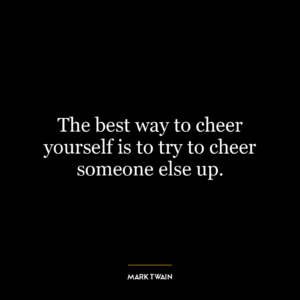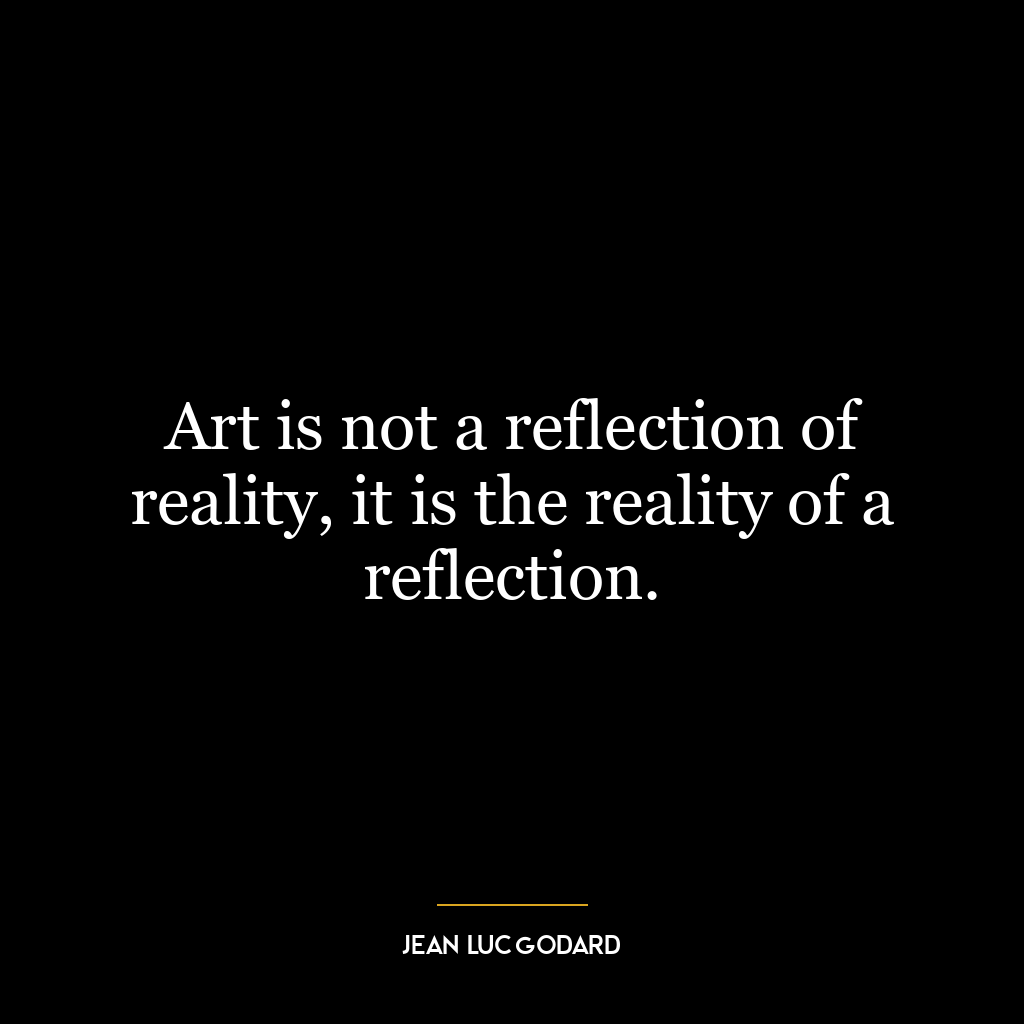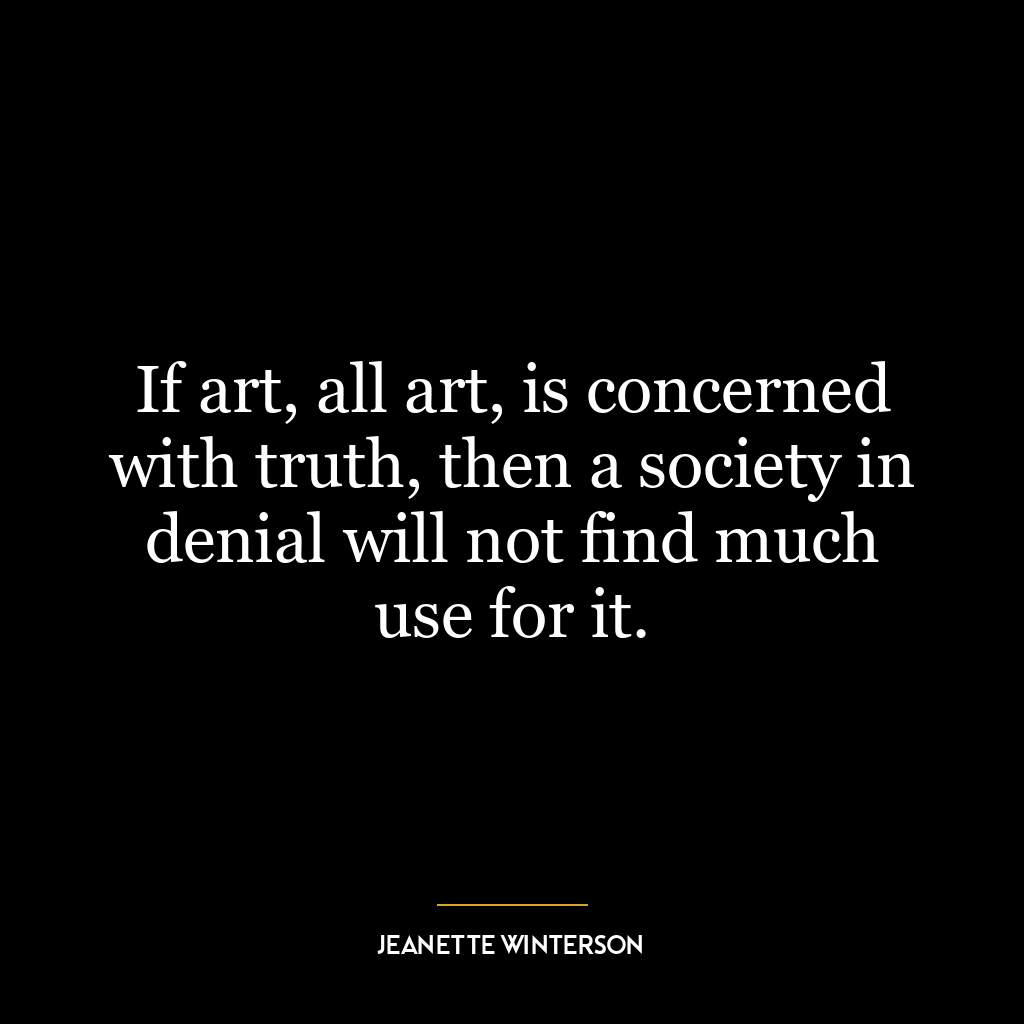Ignorance is not, not knowing something. It is knowing what isn’t so.
This quote by Mark Twain delves into the concept of ignorance, redefining it not as a lack of knowledge, but as the presence of false knowledge. In essence, Twain suggests that ignorance is not about the absence of information or understanding, but rather about believing in something that is incorrect or untrue. This definition shifts our perception of ignorance from a passive state of not knowing to an active state of misbelieving.
Applying this concept, it becomes clear that ignorance can be more harmful than a simple lack of knowledge. This is because false beliefs or misinformation can lead to misguided actions or decisions, which can have far-reaching consequences. For instance, in the context of health, believing in a false remedy could be more harmful than not knowing a remedy at all.
In today’s world, this concept is especially relevant given the proliferation of misinformation and fake news. The internet, while a powerful tool for information dissemination, can also spread false information rapidly. This can lead to widespread misconceptions and misguided actions, from simple everyday decisions to voting in critical elections.
In terms of personal development, Twain’s quote suggests the importance of critical thinking and fact-checking. It is not enough to simply acquire knowledge; we must also verify the accuracy of that knowledge. This involves questioning our sources of information, seeking out multiple perspectives, and being open to changing our beliefs in light of new information.
Moreover, this quote underscores the importance of humility in acknowledging that we may hold false beliefs. It is only by recognizing and confronting our ignorance that we can begin to overcome it. This involves a continuous process of learning, unlearning, and relearning, which is fundamental to personal growth and development.










